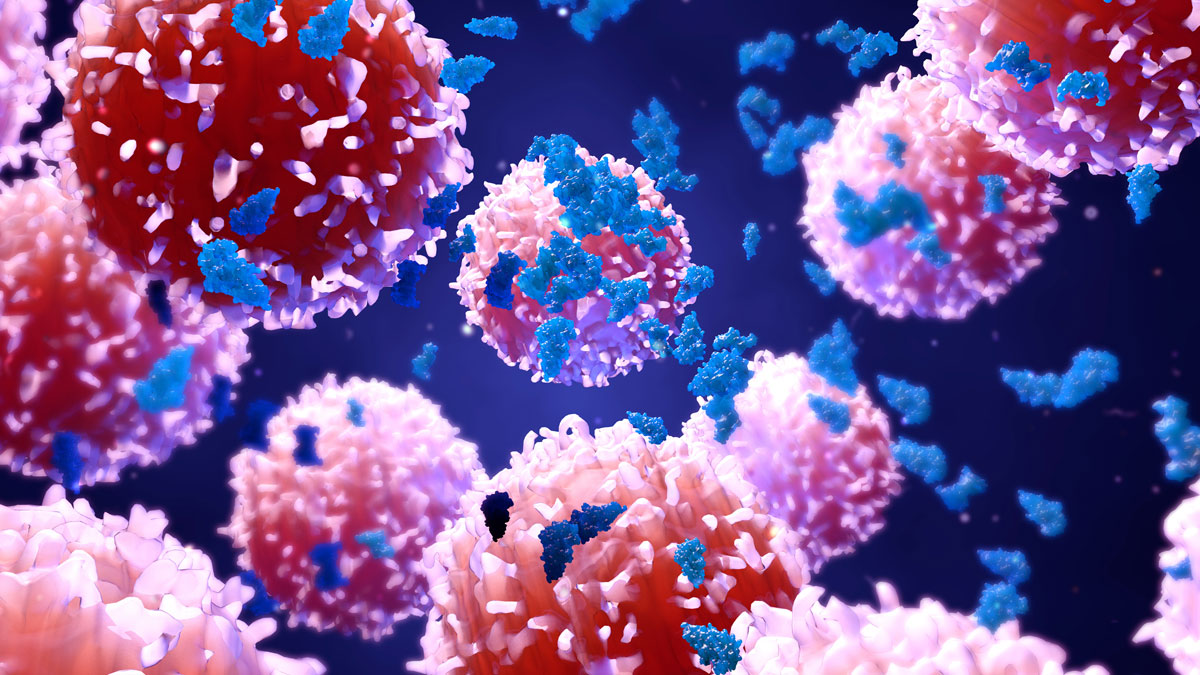German biotech CatalYm raises €50 million for GDF-15 inhibitor immunotherapy

CatalYm has closed a €50 million ($59m) series B financing round to fund clinical studies of its immunotherapy targeting Growth Differentiation Factor 15 (GDF-15).
The round was led by Vesalius Biocapital III, with participation from Novartis Venture Fund (NVF), Wachstumsfonds Bayern, coparion and founding investors Forbion and BioGeneration Ventures.
Founded in 2016 as a spin-out from Wuerzburg University, CatalYm’s lead molecule CTL-002 is designed to neutralise the tumour-produced protein GDF-15. High concentrations of the GDF-15 in serum and tumour-micro-environment help cancers to evade the immune system and are associated with resistance to current therapies.
The therapy originated from research by company founder Professor Wischhusen, looking at similarities between how a tumour protects itself from attacks by the immune system and how foetuses grow during pregnancy with protection from the immune system of the mother.
“In both cases, the tissue is growing very rapidly and aggressively and there is a need for vascularisation, nutrients and to escape the immune system. In pregnancy, of course this is what is needed and allows a baby to grow. But if a tumour is doing the same then it is going to kill a patient,” CatalYm CEO Dr Manfred Ruediger told pharmaphorum. “A tumour often hijacks these mechanisms which benefit the foetus and that is how the whole story started.”
CTL-002 addresses three of the tumour’s immune suppressive mechanisms all involving the inhibitory effect of GDF-15 on the immunostimulatory LFA-1/ICAM-1 interaction. By neutralising GDF-15, CTL-002 is expected to enhance infiltration of immune cells into the tumour, improve priming of T-cells by dendritic cells and improve the tumour killing by T-cells and NK-cells.
The company is expecting to be at clinical stage by the end of the year. Proceeds from the series B raise will be used for a Phase I escalation trial. CatalYm will also test the compound in combination with approved checkpoint blockers. If shown to work with approved immuno-oncology drugs, it could benefit patients that relapse or are in refractory from current therapies.
According to Ruedinger, investors believed the clinical program had more potential compared to others in immunotherapy. “We are not another company activating immune cells or improving antigen exposure,” he said. “We are the only one which is working on the step where immune cells must leave the vessels which nourish the tumour and enter the tumour tissue properly. It’s fascinating for all of us and we are looking forward to the next stage.”











